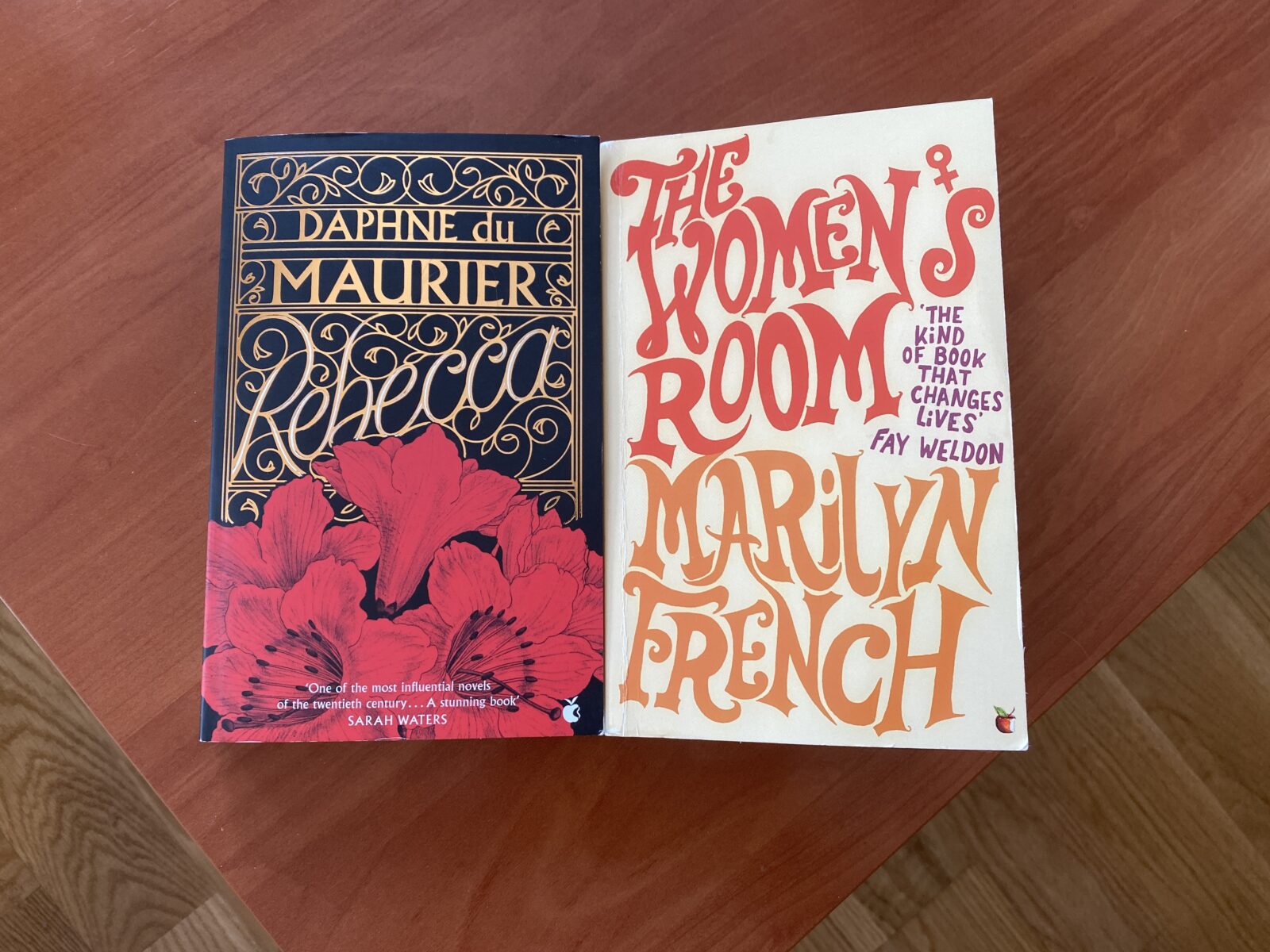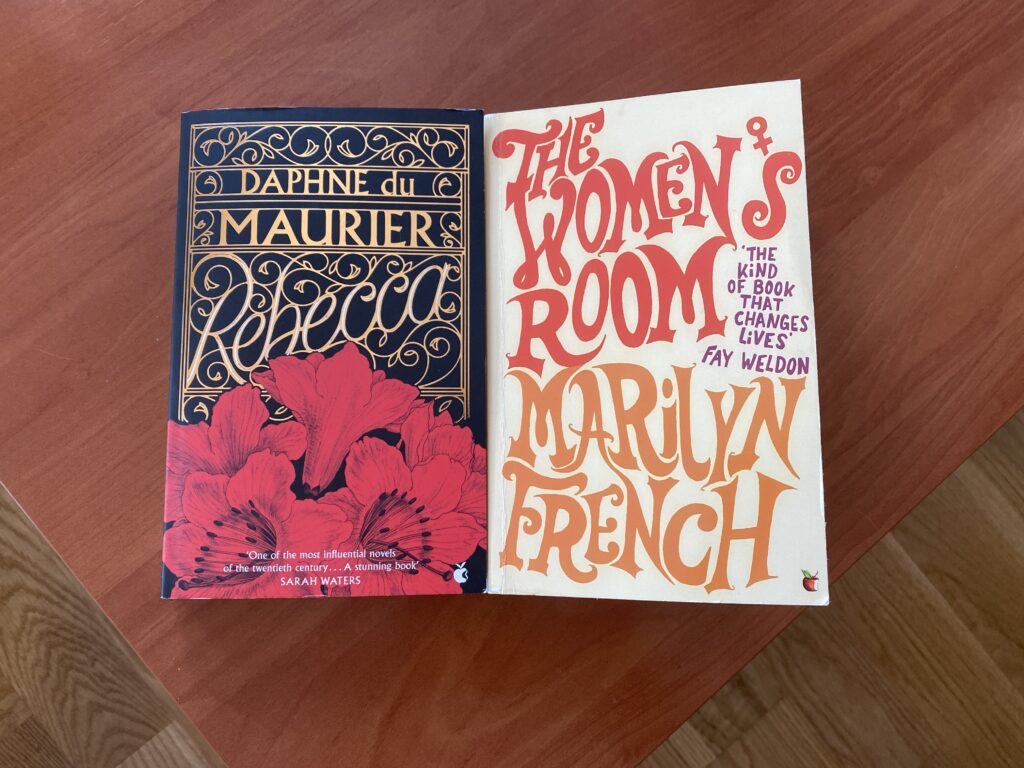Rebecca, Daphne du Maurier
As a rule, I do not watch or read scary things; I hate the horror genre. Which is probably why I have not read Rebecca until now—I simply categorized as ‘gothic’, aka ‘spooky’, and didn’t give it a second thought. However, a few months ago I watched the most recent film adaptation (boyfriend loves scary/action-filled movies) and was surprised to find that it was not scary at all. So of course I decided to read it as well, as I am of the firm belief that the book is always better than the movie. And boy, I was not disappointed! Du Maurier’s writing is simply beautiful; she has a way of describing states of mind as well as scenes that makes for a page-turner. Even knowing what was going to happen, I raced through until the end because her words slipped effortlessly from my eyes into my mind. For me, that is bliss, and the ultimate state of mind I am trying to achieve while reading. If this has not convinced you to pick up this classic, I’m not sure there is much more I can say! The basic plot is this: a young woman (nameless protagonist) meets an older man, marries him after a few weeks of courting, and moves back to his mansion, where the figurative ghost of his recently dead first wife hovers everywhere, following her around the house and the grounds until it infiltrates her own sense of self and belonging. Throw in some murder and some love affairs and you’ve got yourself a novel.
The Women’s Room, Marilyn French
In the afterword, written by Susan Faludi, The Women’s Room is compared to The Feminine Mystique—Faludi says it is its fiction counterpart, but somehow did not get nearly the same level of attention from the media. Readers, it certainly had, but the media disparaged it, which led to it its future obscurity. And for my part, I read The Feminine Mystique almost 10 years ago but just heard about The Women’s Room recently, from a list of book I found which I will talk about in a future post. All of this to say, The Women’s Room is essential reading. It follows the life of one woman, Mira, as she grows up and gets married in the 1950s, and then divorces and rebuilds her life in the 1960s and 1970s. What struck me was French’s utter nonchalant way of describing truly horrid conditions and situations that Mira and her friends had to put up with, simply for being women in that time. How quickly people forget, and say, ‘women are equal now, feminism is unnecessary’—excuse me, but that is some amnesiac bullshit. What French so masterfully shows is the complete disdain men had (and still have, but that is another post in and of itself, isn’t it) for women, viewing them only as servants there to fulfill their needs, sexual or otherwise, as well as how the patriarchy also utilizes women to ensure that the system keeps going on; indeed, it only works because women refuse to leave it. Unfortunately, much of this book could have been written today: change the Vietnam war for the genocide happening in Palestine and that’s about it, because as I mentioned earlier, men’s disdain for women is still ever present. The rest is just small details. Depressing as that may be, this book is 100% recommended reading.

